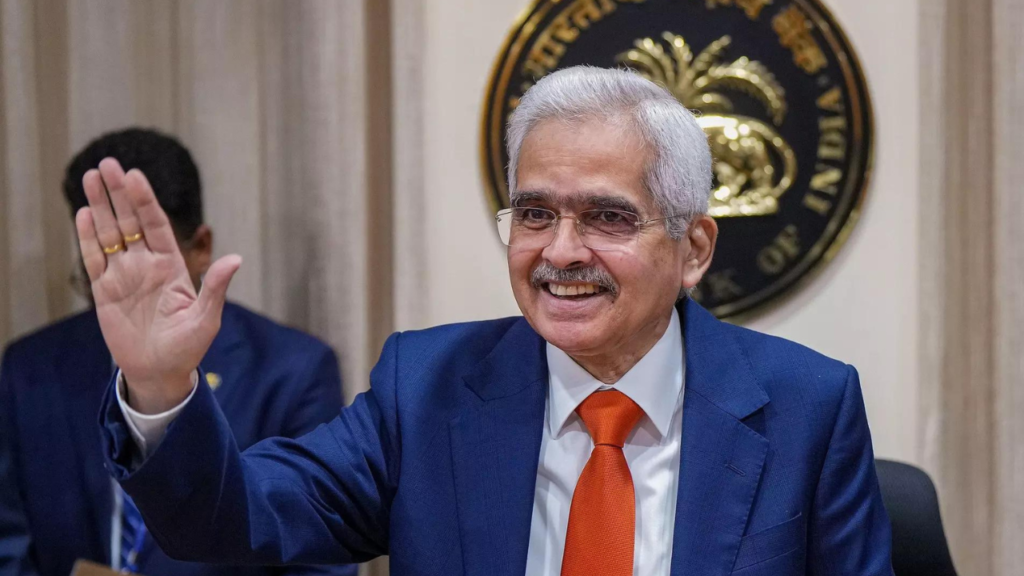Reserve Financial institution of India has lastly damaged its silence on the ban on Paytm Funds Financial institution. Senior RBI officers stated that barring Paytm Funds Banks from accepting deposits was a part of “a supervisory motion and the restrictions are proportionate to the gravity of the state of affairs.”
Actions adopted after months of ‘warning’
Speaking to media, RBI deputy governor Swaminathan J stated that such actions are preceded by a number of months of bilateral engagement and controlled entities are supplied ample time to take corrective motion with the intention to defend customers and make sure the monetary stability of the system.
No cause for fintech trade to fret
There have been issues in sure sections that the transfer in opposition to Paytm might influence the complete fintech trade. Negating such fears RBI governor Shaktikanta Das stated that it was a problem with a selected establishment and there was no fear about the complete system. “Let me put the document straight on the Paytm subject. There is no such thing as a fear about the complete system. It is a matter with a selected establishment,” Das instructed reporters. He emphasised that there is no such thing as a fear concerning the monetary system in the meanwhile. Nevertheless, particular person entities needs to be conscious due to the long run influence.
“The rules are in place. It’s not a case of regulatory deficiency. It is a matter of compliance with varied parameters. I do not need to specify the small print,” Das stated,
Restrictions imposed in sync with
He maintained that the restrictions imposed on the Paytm Funds Financial institution which have been imposed are proportionate to the gravity of the state of affairs and a accountable regulator has to take all actions in accordance with the system and in one of the best curiosity of consumers.
The RBI works with entities on a bilateral foundation, nudges them to conform by giving enough time, and imposes enterprise restrictions or supervisory actions solely when the entity doesn’t take mandatory actions, Das stated. “When constructive engagement would not work or when the regulated entity doesn’t take efficient motion, we go for imposing enterprise restrictions,” Das stated, including that the actions are “proportionate” to the gravity of the state of affairs.
Actions adopted after months of ‘warning’
Speaking to media, RBI deputy governor Swaminathan J stated that such actions are preceded by a number of months of bilateral engagement and controlled entities are supplied ample time to take corrective motion with the intention to defend customers and make sure the monetary stability of the system.
No cause for fintech trade to fret
There have been issues in sure sections that the transfer in opposition to Paytm might influence the complete fintech trade. Negating such fears RBI governor Shaktikanta Das stated that it was a problem with a selected establishment and there was no fear about the complete system. “Let me put the document straight on the Paytm subject. There is no such thing as a fear about the complete system. It is a matter with a selected establishment,” Das instructed reporters. He emphasised that there is no such thing as a fear concerning the monetary system in the meanwhile. Nevertheless, particular person entities needs to be conscious due to the long run influence.
“The rules are in place. It’s not a case of regulatory deficiency. It is a matter of compliance with varied parameters. I do not need to specify the small print,” Das stated,
Restrictions imposed in sync with
He maintained that the restrictions imposed on the Paytm Funds Financial institution which have been imposed are proportionate to the gravity of the state of affairs and a accountable regulator has to take all actions in accordance with the system and in one of the best curiosity of consumers.
The RBI works with entities on a bilateral foundation, nudges them to conform by giving enough time, and imposes enterprise restrictions or supervisory actions solely when the entity doesn’t take mandatory actions, Das stated. “When constructive engagement would not work or when the regulated entity doesn’t take efficient motion, we go for imposing enterprise restrictions,” Das stated, including that the actions are “proportionate” to the gravity of the state of affairs.

